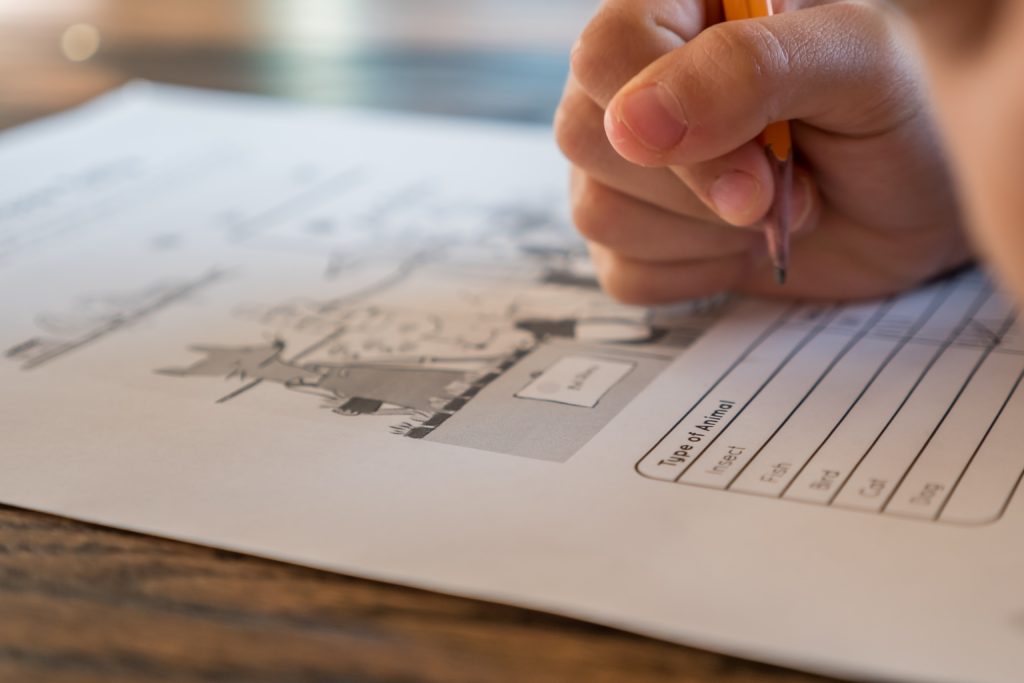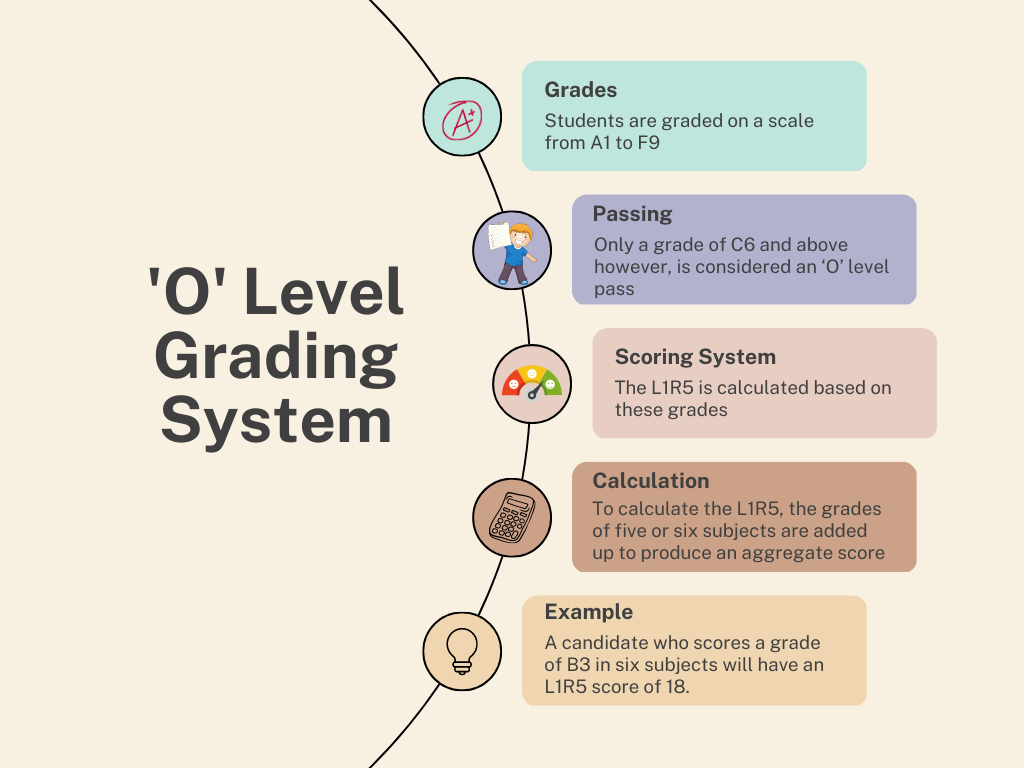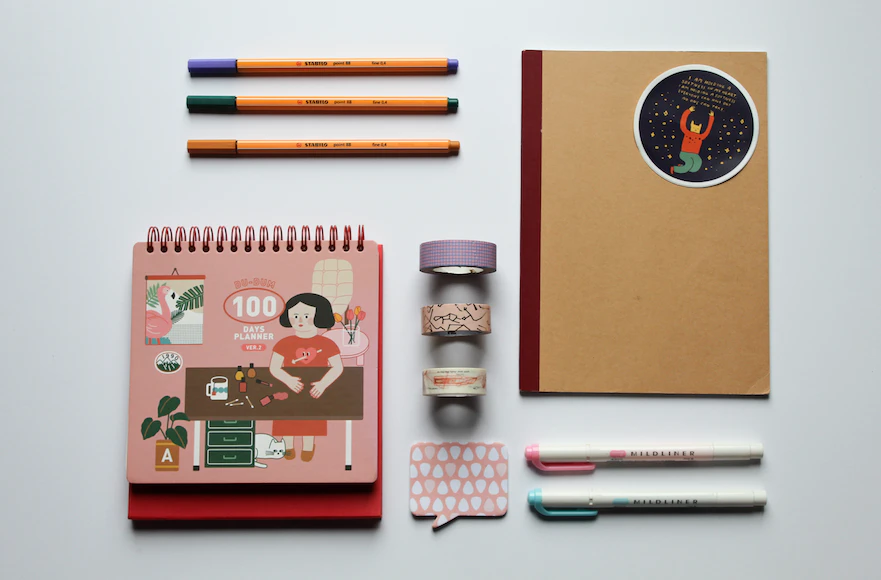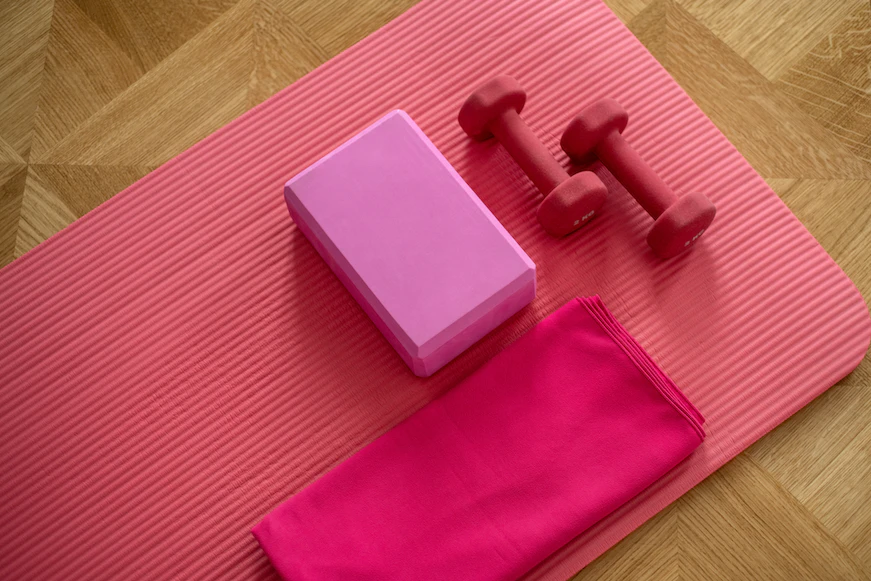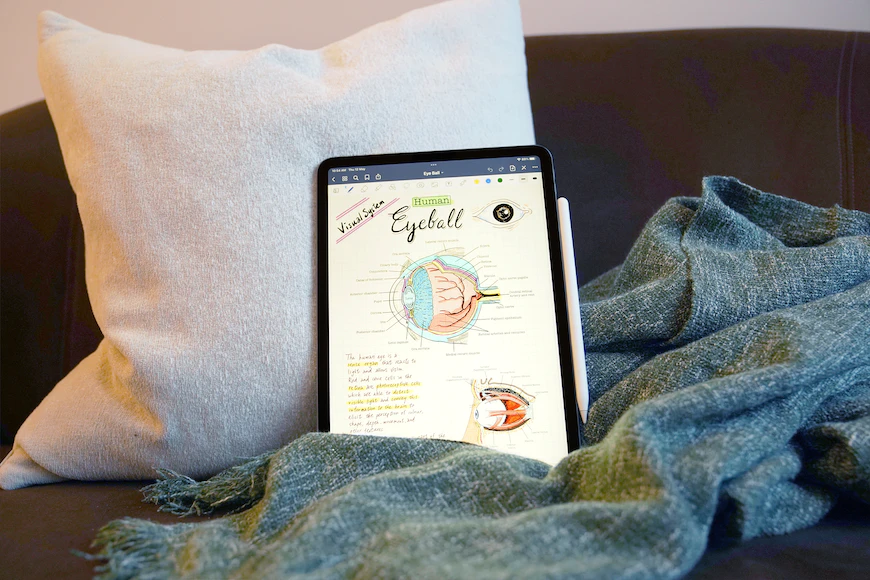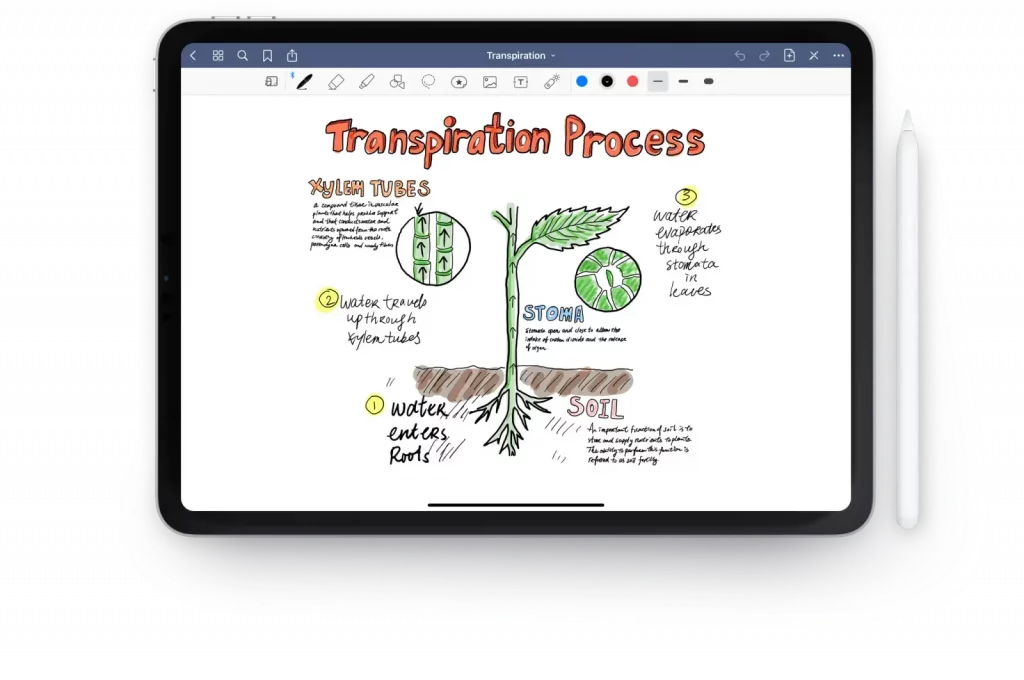"Zoos have pros and cons that must be considered when discussing their impact on animal conservation."

For centuries, zoos have been a source of fascination and entertainment for people around the world. Zoos also play an important role in animal conservation, from providing safe havens for endangered species to educating visitors about wildlife and their habitats. Zoos can be powerful auxiliaries for preserving biodiversity and protecting animals from extinction.
However, zoos have pros and cons that must be considered when discussing their impact on animal conservation. In this article, we will explore the arguments in favour of zoos to better understand how they affect our environment today.
Zoos and Animal Conservation
A zoo is a facility where animals are housed and cared for, and where people are allowed to observe them in captivity. Zoos attempt to stimulate animals’ natural habitat as closely as possible, providing food, shelter and medical care for the animals under their protection.
Zoos play an essential role in animal conservation by providing a safe haven for endangered species. This ensures that critically endangered animals are not lost forever due to extinction, as zoos can provide them with the resources they need to survive and be bred safely in captivity.
The Advantages of Zoos for Animal Conservation
By keeping animals in captivity, zoos can protect them from predators and poachers and guarantee their safety. Zoos can keep endangered species alive through breeding programs that ensure their numbers continue to increase over time.
Other than that, zoos have the potential to serve as powerful auxiliaries in educating the public about wildlife and animal conservation. Through hands-on experiences, zoos provide visitors with an up-close look at animals they would otherwise never encounter, allowing them to gain a deeper understanding of species’ behaviour and needs.
Some zoos offer educational programs for children and adults that focus on endangered species and conservation efforts. By teaching visitors about animal habitats and the threats these animals face in the wild, zoos can help people understand how their actions affect wildlife populations around the world.
The Downsides of using Zoos for Animal Conservation

Unfortunately, zoos are not without their drawbacks when it comes to animal conservation. Zoos must be expensive to maintain, which means that resources used to keep them running could be used for other conservation efforts instead. For example, more money could go towards researching specific species in their natural habitats or directly conserving those species’ environments.
Zoos can lead to a false sense of security among visitors. Seeing animals in captivity can make people forget about the need for animal conservation outside zoos and ignore their responsibility towards endangered species living in the wild.
Moreover, zoos can take away the autonomy of animals by keeping them in captivity and controlling their environment. This can lead to physical and mental health problems among zoo-kept animals and ultimately reduce their lifespan.
Solutions

For animal conservation, zoos should focus on ethically-responsible practices. This means providing animals with as much autonomy as possible and avoiding controlling their behaviour in unnecessary ways. Zoos should strive to use every available resource efficiently and responsibly so that more money can be directed toward other wildlife conservation efforts.
We need more zoos to create educational programs that make visitors aware of the need to conserve species in the wild rather than just at zoos. This will help ensure that visitors understand their responsibility towards our planet’s wildlife and why it is essential to protect endangered species even when they are not on display.











